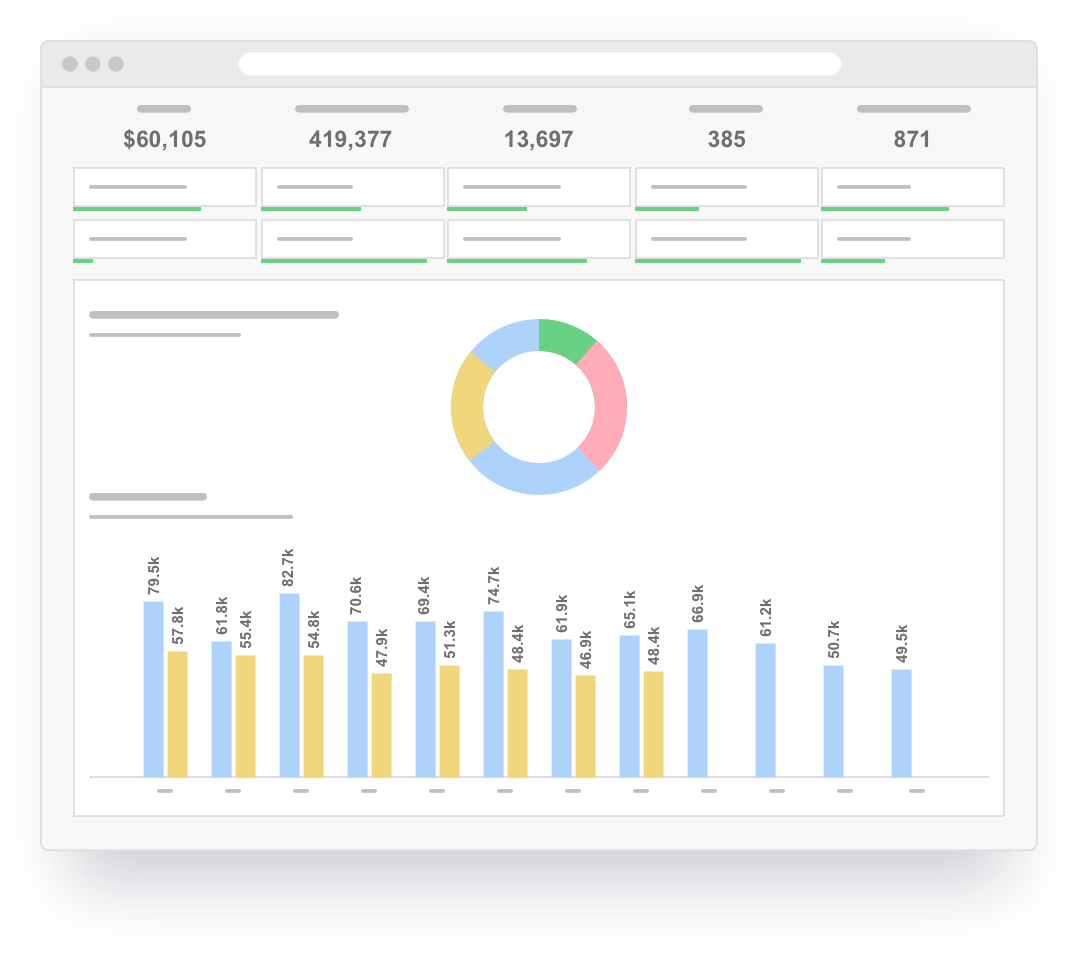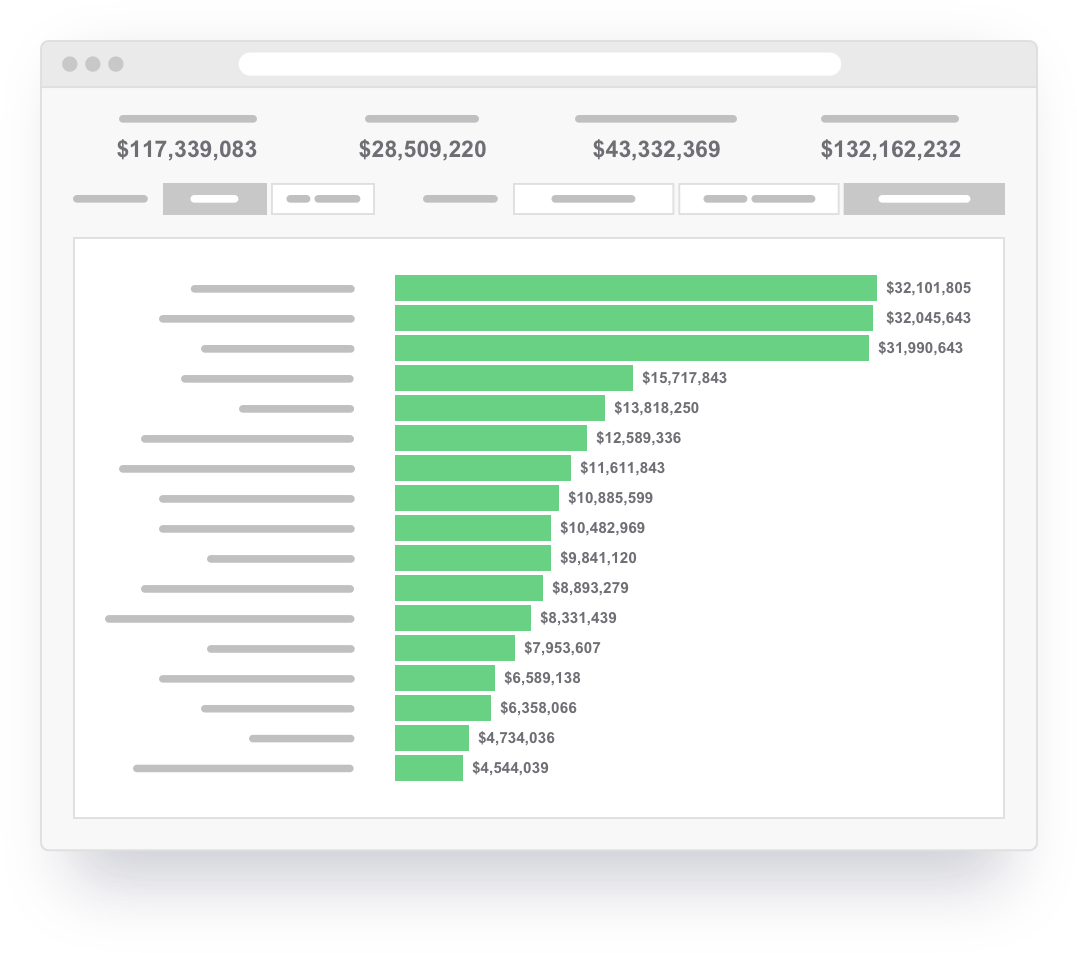Data-Informed Decision Making
An academic program evaluation process is data-informed, transparent, collaborative, and comprehensive when done correctly. It combines data with institutional judgment. Participants bring knowledge of their domain and the institutional mission. Establishing this process at your college or university reveals current and potential new programs that merit investment to increase enrollment and revenue. This process also reduces internal obstacles to implementation, speeds up time-to-market, and optimizes ROI by focusing investment on high-potential opportunities.
Which programs should I start, stop or grow?
What programs should we consider offering online?
What skills must we add to meet labor market needs?
Which programs should we prioritize for evaluation?
Solutions to help your institution drive success...

Academic Management
Gray Decision Intelligence recommends PES Academic Management Dashboards, which offers a quick summary of KPIs for all your academic programs. Following the summary is a one-page overview of each program’s market, instructional economics, efficiency, and student outcomes. It includes faculty-drafted objectives and tasks to improve each program. The Academic Management Dashboards highlight issues and opportunities so you can continuously improve your program portfolio and prepare for accreditation.
PES Economics and Outcomes
PES Economics and Outcomes offers the following:
- Economic Tracking: Assists in tracking revenue, cost, and margin by college, department, program, and course, aiding in enhanced financial decision-making.
- Outcome Assessment: Supports student outcomes assessment and identification of equity gaps, assisting in outcome improvement and retention strategies.
- Benchmarking: Sets data-informed goals for program improvement by comparing your revenue, costs, margins, and outcomes by course level and subject area with other institutions.

Curricular Efficiency Workshop
Gray DI’s Curricular Efficiency Workshop uses data on course-level revenue, cost, margin, and instructional workloads collected in the Economics and Outcomes application to identify high-cost, low-margin, or redundant courses. In a facilitated workshop, faculty and administrators review the course data and use their judgment to identify efficiencies in courses and sections offered. The data may also be used continuously to inform budgets and course schedules.
- Enables data-informed decision-making
- Involves institutional leaders, relevant deans, faculty, and functional managers
- Includes large group discussion and small breakout groups
- Builds consensus among key stakeholders
- Accelerates implementation by months–or years
